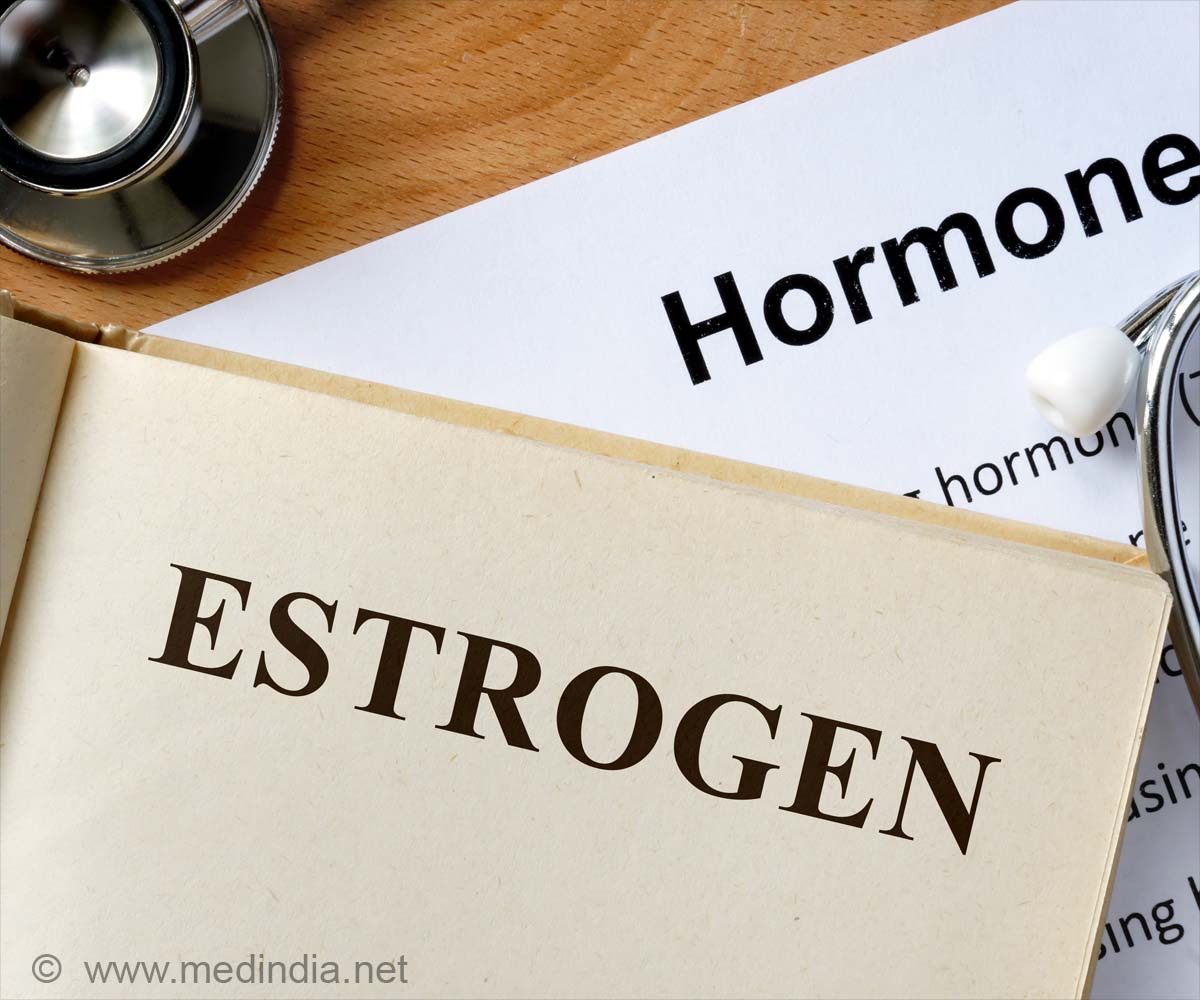Could early ovary removal set the stage for Alzheimer’s? Learn how estrogen, genetics, and surprising resilience factors intertwine in women’s health.

- Women with early bilateral oophorectomy and the APOE4 gene face a significantly increased Alzheimer’s risk
- Hormone therapy reduces Alzheimer’s odds by over 50% in women who’ve undergone early oophorectomy
- Education and higher BMI may act as protective factors against Alzheimer’s in at-risk women
Associated risk and resilience factors of Alzheimer's disease in women with early bilateral oophorectomy: Data from the UK Biobank
Go to source). The use of hormone treatment reduces this risk.
Ovary Removal Surgery and Alzheimer's Risk in Women
By 2050, Alzheimer's disease is expected to afflict 12.7 million people aged 65 and more, with women accounting for two-thirds of that total. It is unclear why Alzheimer's disease is more common in women than in men, however, it could be due to early life events such as ovary removal surgery (oophorectomy).The researchers examined a cohort of 34,603 women from a large dataset, the UK Biobank, and discovered that women who had both ovaries surgically removed (bilateral oophorectomy) at the approximate age of 43 had four times the odds of developing Alzheimer's disease when compared to women who went through natural menopause at the average age of 54. The research appeared online in the Journal of Alzheimer's Disease.
Early Estrogen Loss and APOE4 Gene Increase Alzheimer's Disease Risk in Women
The team of researchers, led by Dr. Gillian Einstein, Professor of Psychology, Wilfred and Joyce Posluns Chair in Women's Brain Health and Aging, and adjunct scientist at Baycrest Hospital at the University of Toronto, sought to investigate risk and resilience factors for Alzheimer's disease in women who had lost estrogens in their early lives."One of our most important findings was the fact that loss of the naturally occurring hormone (endogenous), estradiol, as a result of surgical removal of both ovaries, might interact with the APOE4 allele to further increase Alzheimer's disease risk, placing women with early bilateral oophorectomy and APOE4 in a state of double jeopardy," according to Einstein. APOE4 is an established risk factor for Alzheimer's disease in the general population, although women are at a higher risk.
Education, BMI, and Hormone Therapy Play a Role in Alzheimer's Risk Mitigation
The study also found resilience variables that are linked to the likelihood of Alzheimer's disease in these women. A high level of education was associated with a 9% decreased risk of acquiring Alzheimer's disease in women experiencing both phases of menopause- ovarian removal and aging- corroborating earlier research indicating that education is a sort of cognitive resilience in both men and women.Surprisingly, there was a slight connection between body mass index (BMI) and Alzheimer's disease risk, but only among women who had undergone early bilateral oophorectomy. Each increase in BMI was connected with a 7% decreased risk of acquiring Alzheimer's disease.
"Higher BMI might be associated with a decreased Alzheimer's disease risk in women with ovary removal surgery because adipose tissue produces estrone (one of the three endogenous estrogens) which, in the absence of estradiol due to oophorectomy, may help maintain cognitive function in early middle age," said first author Dr. Noelia Calvo, a postdoctoral researcher in Dr. Einstein's lab at the University of Toronto.
Importantly, among women who had undergone early bilateral oophorectomy, using hormone therapy was related to fewer than half the odds of developing Alzheimer's disease compared to those who had not received hormone therapy.
Hormone Therapy and Alzheimer's Risk in Women with Early Oophorectomy
"This finding highlights the importance of estrogen-based therapies in decreasing Alzheimer's disease risk for women who have had their ovaries surgically removed before the age of 50," said co-author Dr. Esme Fuller-Thomson, a professor at the Factor-Inwentash Faculty of Social Work at the University of Toronto and director of the Institute for Life Course & Aging. "However, it is interesting to note that hormone therapy was not associated with a lower risk of Alzheimer's disease among those who went through natural menopause at aged 51 or older."The researchers investigated plausible explanations for the disparity. "It may be due to the fact that women with ovarian removal had a loss of estradiol in their early lives when demand for this hormone may be greatest since their age of menopause was an average of 11 years earlier than those who had gone through natural menopause," says Calvo. Taken together, the data support prior findings that women with early bilateral oophorectomy are at increased risk for Alzheimer's disease due to an association between APOE4 and estradiol loss in this cohort. "The study suggests one important early life reason why more women than men have AD and also provides a better understanding of resilience factors that might fortify women with oophorectomy against AD," according to Einstein.
Reference:
- Associated risk and resilience factors of Alzheimer's disease in women with early bilateral oophorectomy: Data from the UK Biobank - (https://pubmed.ncbi.nlm.nih.gov/39497303/)
Source-Medindia










